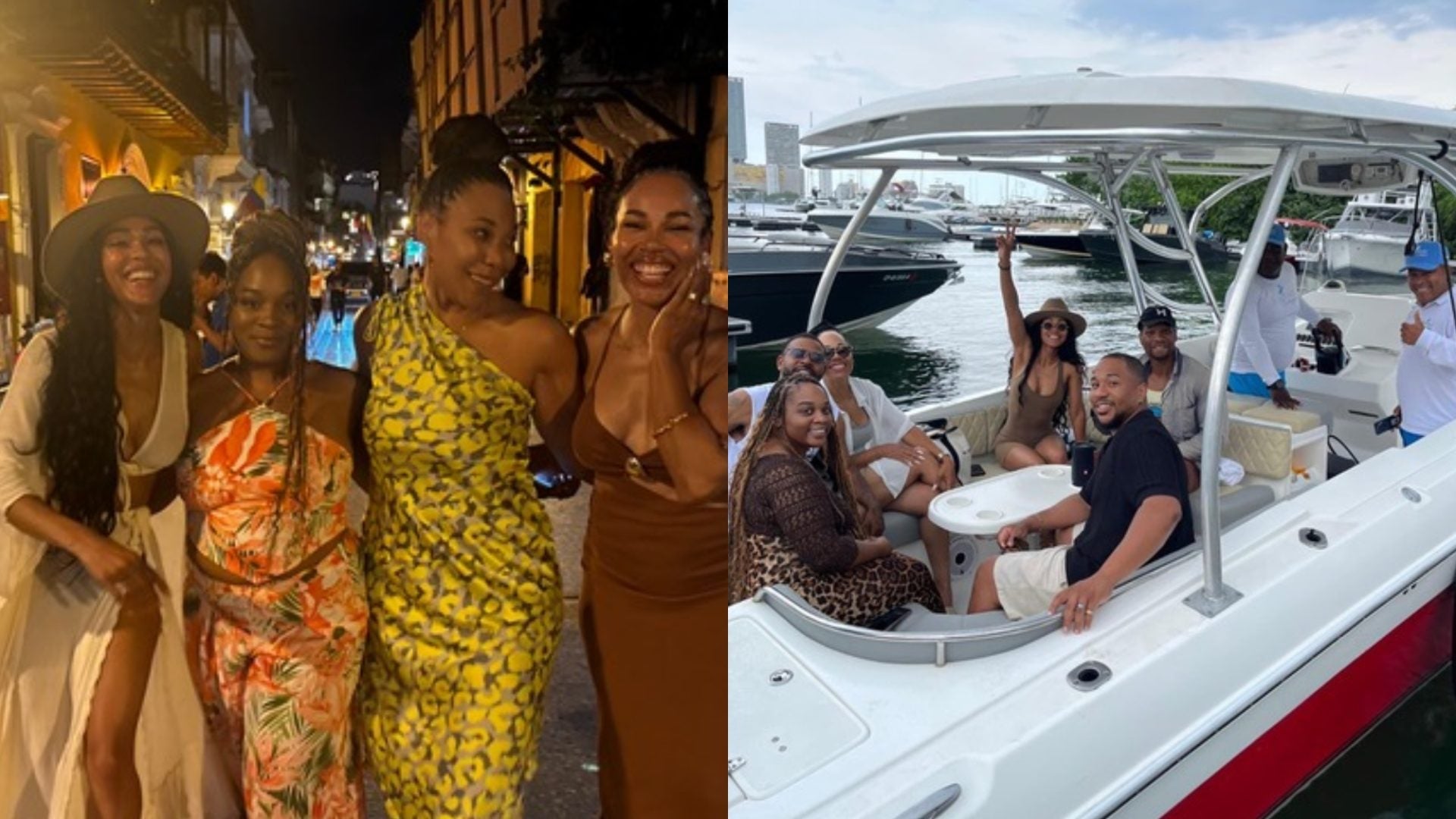Righting Wrongs: MFA Boston Compensates Heirs Of Enslaved Artist, Returns 19-Century Vessels
Descendent attorney George Fatheree labeled the agreement as “groundbreaking in the art world.”

In a rare move, the Museum of Fine Arts (MFA) Boston did the right thing, agreeing to return two 1857 vessels by Black enslaved potter David Drake to his descendants, The Art Newspaper reports.
A museum spokesperson stated that Drake’s works were stolen, depriving him of his creations without compensation. “This marks the first time that the museum has resolved an ownership claim for works of art that were wrongfully taken under the conditions of slavery in the 19th-century US,” the statement read.
The artwork in question is two vessels created by Drake, born into slavery around 1800 in Edgefield, South Carolina. The agreement between the descendants and the museum keeps one of the vessels on loan to the museum for at least two years. The other is described as a masterpiece known as the “Poem Jar.” It has a heartbreaking inscription on the vessel from the artist in light of Drake’s forced separation from a woman historians believe to be his wife, and her two sons. Housed at the Greenville County Museum of Art, it reads: “I wonder where is all my relation.”
One of Drake’s great-great-great-great-grandsons, children’s book author and producer Yaba Baker, says the restitution process helps to answer his ancestor’s question. He celebrated MFA for “showing integrity and leadership” and giving the family the opportunity to connect to Drake’s legacy, saying, “to go from being slaves to having a family of engineers and doctors and people in executive positions is a testament to Dave’s legacy in a different way.”
The “Poem Jar” also features hints of Drake’s financial exploitation, with another inscription reading, “I made this Jar = for cash/Though its called Lucre trash.” MFA originally purchased the work in 1997 from a South Carolina dealer. The museum purchased it back from the heirs for an undisclosed sum and includes “a certificate of ethical ownership.”
Attorney George Fatheree, representing the Drake’s family, labeled the agreement as “groundbreaking in the art world.” “The application of principles of ethical restitution to artwork created by enslaved Americans, this is the first time that has ever occurred to my knowledge,” he continued, according to CNN. Chair of the art of Americas at the MFA, Ethan Lasser, said the museum learned its lesson after restituting artwork rooted in Nazi culture.
After saying the museum became “very expert in Holocaust restitution,” he learned of issues regarding African and Native American collections. “And we want to bring the same standard to the fullness of our collection,” he said.
For decades, museums, both stateside and internationally, have been accused of stealing artwork, literature, and more from African nations, the formerly enslaved, and more. Actor Michael B. Jordan, who played villain Killmonger in Marvel’s Black Panther, made reference in the film, stealing back a mask featured in later scenes. In May 2025, Harvard University’s Peabody Museum of Archaeology and Ethnology agreed to finally return 175-year-old photos believed to depict early enslaved people to the International African American Museum (IAMM) in South Carolina after a 15-year legal battle.
RELATED CONTENT: Family Of Former Slaver Apologizes For Role In Guyanese Slave Trade























